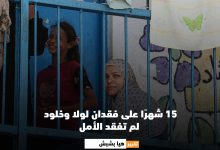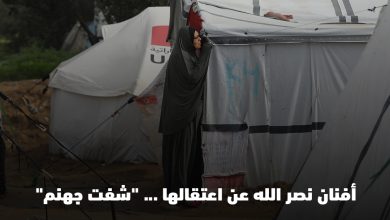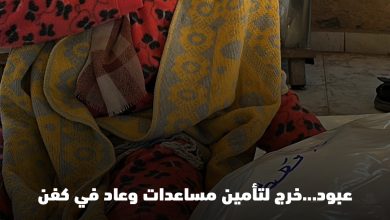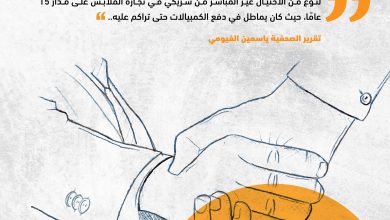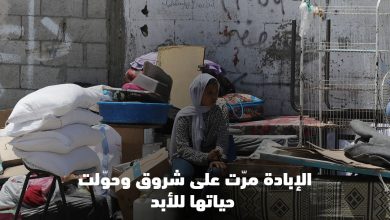Mariam … Who wants to marry a former prisoner

CMC-Sahar Dehlez
Mariam chose to enrol in journalism and media in love with the profession of trouble and to have enough talent and skills that must be present in any journalist, apart from the strength and boldness to face many difficulties in the field of work; but there are challenges that stopped her from continuing her journalistic work despite the half Academic.
At first, Mariam said, I was subjected to a lot of pressure and restrictions by my father because he did not want to study this specialty and his desire to join a college of education only as a girl, where it is optional against customs and traditions”.
“The years have passed one after another so my father’s look has changed a lot after I insisted on studying the specialization of the media, graduating from university and having temporary employment contracts every now and then gave me the opportunity to rely on myself where I can build my media name little by little despite the challenges and obstacles that “I was confronted at the beginning of the journey and integration by working in institutions dominated by masculine perceptions that favor male work on females”.
But the winds come not as well as the ships, where Mariam says: “Things quickly turned upside down after the internal security forces detained my elder brother for inciting and provoking confusion and rioting because of the publication of some leaflets and tweets through his own Facebook and Twitter site, which prompted my father to hurt jam. His anger in my face and forcing me not to follow my work as a journalist and threaten me to break my hands if I write a single word on social media sites related to the ruling authorities from near or far”.
“My father did not just do that, but he insisted without discussion on preventing me from going out again to work anywhere, and he forced me to stay home until my share came to marry me and get rid of me in any way, fearing that it would happen to me, as happened with my elder brother and being imprisoned, saying, : “Who wants to marry a prison graduate, I end up arguing with him for the applicable silence”.
In a tone of outrage and indignation, Mariam stressed that the women of Gaza in general and the journalist in particular despite their ability and competence, but did not get the most basic rights in all aspects of personal and professional life, where they continue to grapple with the obstacles of life and the customs and traditions of society because of the injustice caused by The negative view of women by men that the kitchen and home is the right place for women, and must annihilate her life in the service of her husband and care of her children and leave the field of work for men only.
She followed her conversation with a long sigh and a cynical laugh: “In the past I thought that only power was the decision to suppress liberties, but today I am sure that injustice and persecution can be from within the same family to become increasingly prevalent within society and to the ruling authorities”.
The international conventions on civil and Political Rights approved by the United Nations General Assembly in 1996 in its article 9 affirm the right of the individual to freedom of opinion and expression and that this right includes the freedom to seek and receive information or ideas of any kind, regardless The border is either oral, written or printed, whether in a technical format, or by any other means.
Mariam was not the only woman journalist who had been struggling to prove herself and was trying to revolt against the limitations of society, which always stood between her and the realization of the highest ranks, many were repressed, others rebelled or tried to triumph over their reality, some of them succeeded and achieved their ambitions, Others were much stronger than the constraints and shackles of society.
This story was released within the project “young women advocate their rights as human rights” @ 2018


